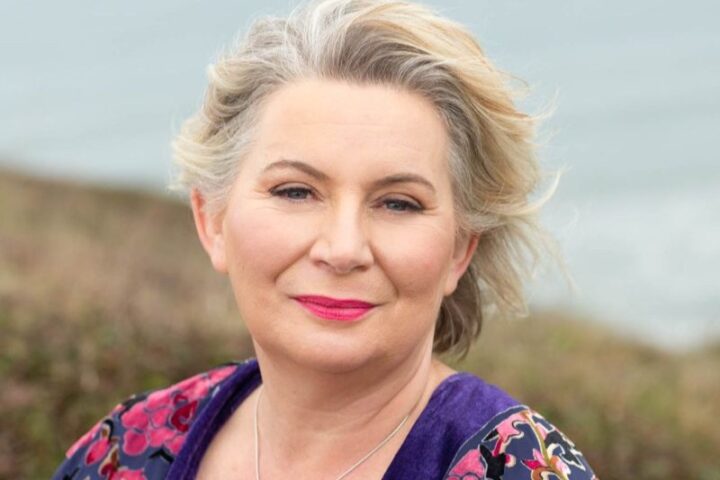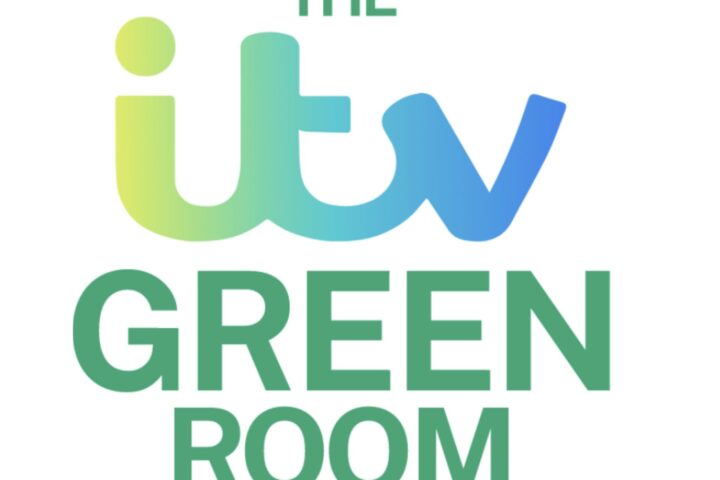Over one in four (28%) managers are now saying businesses over-prioritise gender diversity – up from 20% in 2023, according to a survey by Chartered Management Institute (CMI).
The analysis of the FTSE 350 companies revealed a clear trend between closing gender pay gaps and double-digit revenue growth.
The research from the CMI, in collaboration with the FTSE Women Leaders Review, showed that 10 FTSE 350 firms made the biggest strides in reducing their gender pay gaps between 2019 and 2024 also saw revenue growth in nearly every case.
But while the financial benefits were clear, the analysis came as a growing number of UK managers believed the push for gender balance has gone too far.
Men are nearly three times more likely than women to hold this view, despite persistent gaps in leadership and pay with the figures being 39% and 14% respectively.
By analysing data from the FTSE Women Leaders Review alongside gender pay gap data and company performance, CMI’s research highlighted 10 FTSE 350 firms that achieved the biggest reductions in their median hourly gender pay gap between 2019 and 2024.
These companies, including Smiths Group, Kingfisher, Rightmove, and Spirax Group, also increased female representation in leadership and saw revenue gains.
Rightmove PLC improved its gender pay gap by +13pp, increased the proportion of women on its board by +7pp, and saw a +10pp rise in the number of women in executive roles.
The company experienced the highest revenue growth among those listed, with a 77% increase.
Kingfisher PLC achieved a +14pp improvement in its gender pay gap and increased the percentage of women in executive positions by +5pp, alongside a 13% increase in revenue.
Smiths Group PLC improved its median hourly gender pay gap by +25pp, increased the proportion of women on its board by +20pp, and saw a +10pp rise in the number of women in executive positions.
The company also reported a 23% increase in revenue.
For companies ignoring gender pay gaps, the risks are mounting.
New CMI research calculated that nearly half a million British managers said they haven’t joined an organisation due to its gender pay gap which is a major talent drain at a time when businesses are already struggling to recruit.
CMI’s report called for stronger accountability measures across the board, including introducing a requirement for employers with 250+ employees to publish action plans and extending gender pay gap reporting to businesses with 50+ employees.
It also recommended pushing employers to state salaries in job ads along with avoiding asking about salary history and use balanced shortlists and interview panels.
The body is calling on employers to introduce ethnicity and disability pay gap reporting for employers with 250+ employees, alongside a requirement to publish a narrative and action plan to drive progress.
Reactions:
Ann Francke OBE, CEO of CMI:
“Our analysis shows that the top firms that take gender balance seriously are thriving.
“The idea that we’ve ‘gone too far’ on gender diversity is flat-out wrong. The smartest businesses are proving that closing pay gaps isn’t just fair, it’s fuelling growth.
“Those ignoring the issue are losing talent, credibility, and competitive edge.
“FTSE 350 leaders are telling us that gender equality isn’t just a moral issue – it’s a business driver.
“Companies that focus on closing gender pay gaps are seeing stronger performance, more innovation, and a clear competitive advantage. Ignoring gender parity is costing businesses talent, growth, and market relevance.”
Michelle Lydon, chief people officer at Croda:
“There is a very clear business case for diversity.
“It is important, now more than ever, to concentrate efforts on creating a business culture that values and embraces difference.
“This enables organisations to attract and retain the best people, gaining the benefit of the great minds across global workforces, driving innovation, and ultimately delivering stronger business performance.”
Kate Seljeflot, chief people officer at Kingfisher:
“More diverse teams operate more effectively, with a greater breadth of perspectives helping to foster more innovation and new thinking.”
Michelle Boothroyd, chief people officer at Grainger:
“The report demonstrateS how ED&I gains can lead to business growth while enabling us to better represent the communities we serve.”
Kini Pathmanathan, chief people, sustainability and excellence officer at Smiths Group:
“Diversity and belonging is key to our effectiveness and long-term success.”
Vivienne Artz OBE, CEO of the FTSE women leaders review:
“The FTSE Women Leaders Review is delighted to collaborate with CMI on this important study which analyses the revenue growth of FTSE 350 companies over a five-year period and its relationship with changes in gender pay gap reporting.
“Notably, the reduction of the gender pay gap generally aligns with enhanced business performance reflected in the revenue growth of these companies.
“This reinforces the positive impact of greater gender inclusion at the leadership level of FTSE 350 companies.
“Continued progress towards higher representation of women in leadership roles delivers many benefits, including a reduction in the gender pay gap, emphasising the importance of maintaining momentum and building on the excellent progress made so far.”














